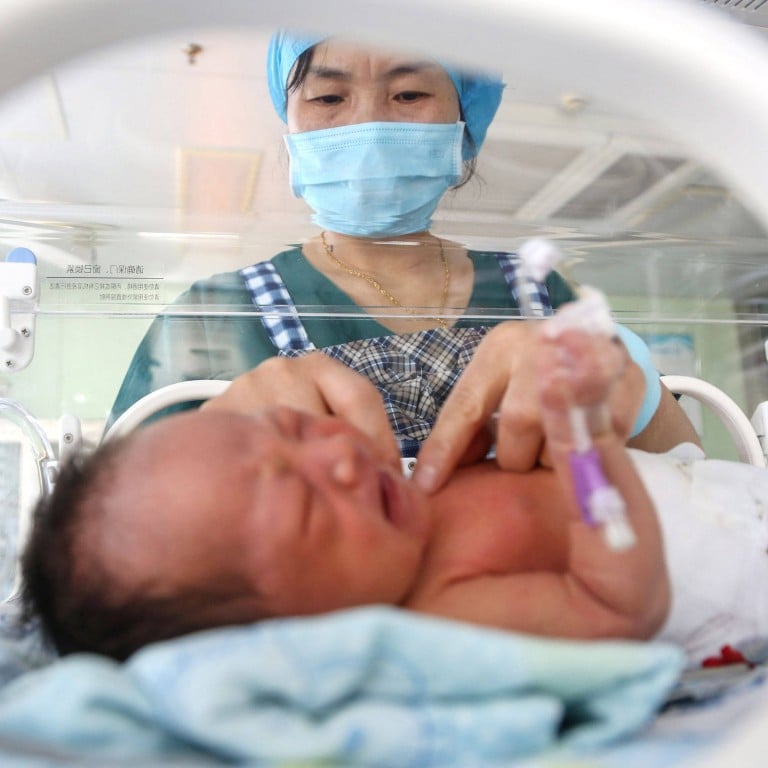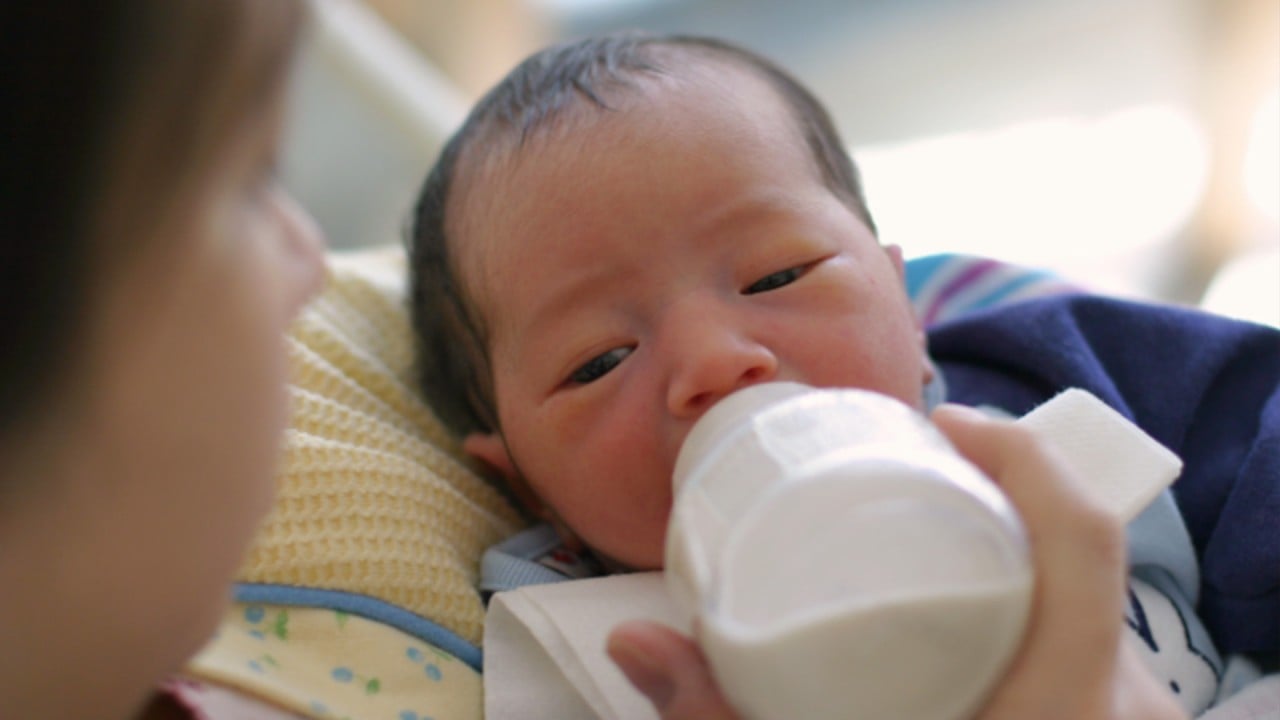
Chinese scientists propose a new theory of sex determination
- Tests conducted on a patient with somatic chimerism have led Chinese scientist to a new theory about how gender is determined
- Researchers have suggested the sex a person is could be based on chromosomes in reproductive cells instead of body cells
However that theory could not explain one patient’s case, leading researchers from the Reproductive and Genetic Hospital of Citic-Xiangya to rethink the hypothesis.
The 30-year-old patient had somatic chimerism, a rare condition where cells with both female XX and male XY sex chromosomes are present.
While the patient had female characteristics and organs, her tissues were a mixture of cells with XX and XY chromosomes.
‘Landmark event’: Chinese scientists assemble world’s most detailed human genome
This included the patient’s granulosa cells – cells in the ovaries that produce female hormones – with some ovarian follicles even comprising 100 per cent XY cells, according to a paper published in the peer-reviewed journal Human Reproduction.
This meant that all the ova were derived from the XX cell line, including those from follicles with entirely XY cells.
The researchers said this suggested “germ cells [which develop into reproductive cells] may exert a significant influence on the sexual determination of an individual” rather than being determined by the expression of the body cells it is surrounded by.
In the womb, early gonadal cells can differentiate into either ovaries or testes based on different gene expression.
The present theory suggests that if both XX and XY cells are present in the gonads, the patient will develop a mix of ovaries or testes called ovotestes, according to the scientists.
Malaysia to amend citizenship law, give equal rights to foreign-born children
While this does not explain how patients with the condition can exhibit normal gonads, previous studies in mice have suggested that it could be due to a higher proportion of one of the cell types in the gonads, the authors wrote.
Early cells that migrated into the patient’s genital ridge – the precursor to gonads – may have been of XX origin, which then drove sex determination, the authors speculated.
“Based on these observations, we propose that germ cells are critical for gonadal sex determination,” the paper said.
More data will need to be gathered to look into this theory and its potential mechanisms further, as the study is limited by the fact that there was only one patient examined.


